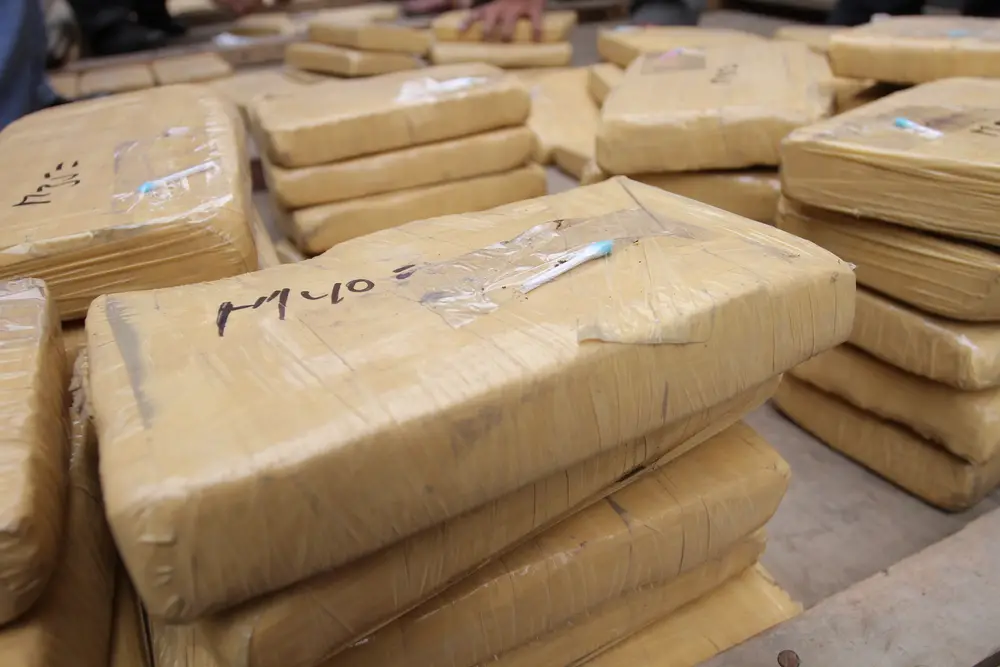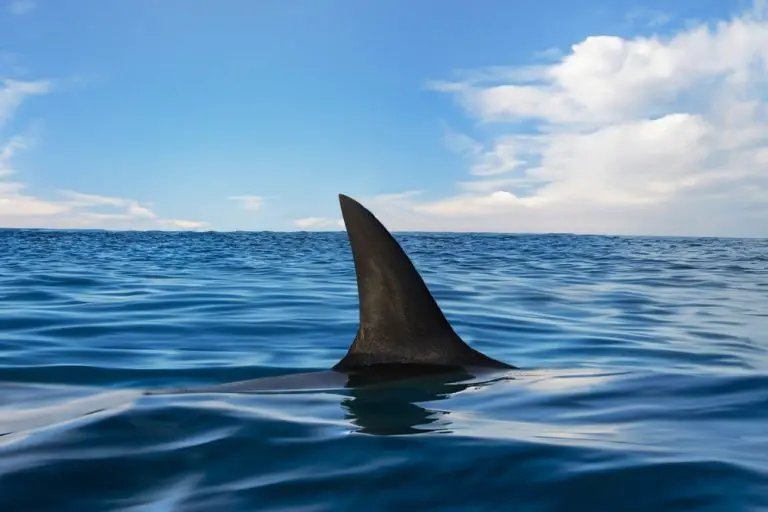The term “cocaine sharks” might sound like something from a movie, but it’s a genuine phenomenon that has scientists concerned. Recent research conducted between September 2021 and August 2023 off the coast of Rio de Janeiro, Brazil, revealed alarming findings. Thirteen Brazilian sharpnose sharks were studied, and cocaine was detected in all of them. Additionally, 92 percent of their muscle samples and 23 percent of their liver samples tested positive for benzoylecgonine, a primary cocaine metabolite.
This study, published in the journal Science of the Total Environment, marks the first reported instance of cocaine and benzoylecgonine in free-ranging sharks worldwide. The researchers highlighted potential human health risks, as shark meat is commonly consumed in Brazil and other parts of the world.

The issue of “cocaine sharks” is not confined to Brazil. For instance, in New Zealand, over 3.5 tons of cocaine were found floating in the Pacific Ocean. Similarly, in Italy, authorities discovered $450 million worth of cocaine in waters off Sicily. Discovery’s “Shark Week” 2023 episode “Cocaine Sharks” delved into this issue, showing how sharks in Florida waters interacted with simulated cocaine bales.
These findings indicate a widespread and growing problem of drug contamination in marine environments, posing risks not only to marine life but also to human consumers of seafood.




